Valuing yourself is a revolutionary act.
Why Self-Care Is the Most Important Ingredient for Political Change
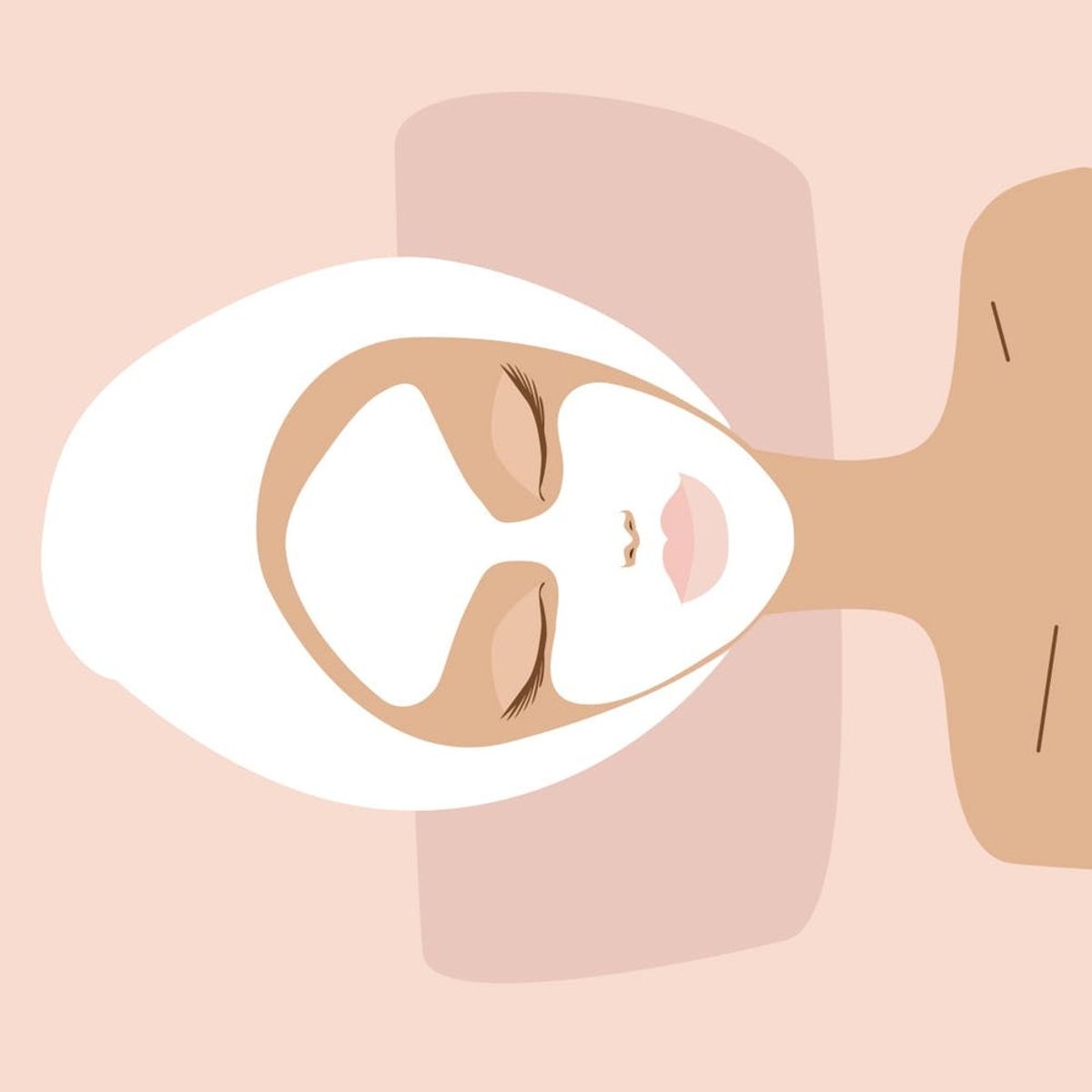
While the new year usually holds promise, my 2017 started out with fear about what lay ahead. And I’m not alone — my friends and many prominent figures on social media have all agreed that we want to move forward in this new year in productive, positive ways. But the question remains, how can we do that?
For so many, the answer to that question lies in activism. Sparking around the presidential election and the results that followed, people are vowing to dedicate themselves to being more aware, to rally more or to be involved in more direct action from the ground up. But for others, there’s a quieter call to action in simply vowing to allow more pleasure and self-care into their lives. It might seem like a contradiction to prioritize both self-care and community action, but it turns out that these two resolutions aren’t so different — in fact, both are necessary to ensure success toward positive change.
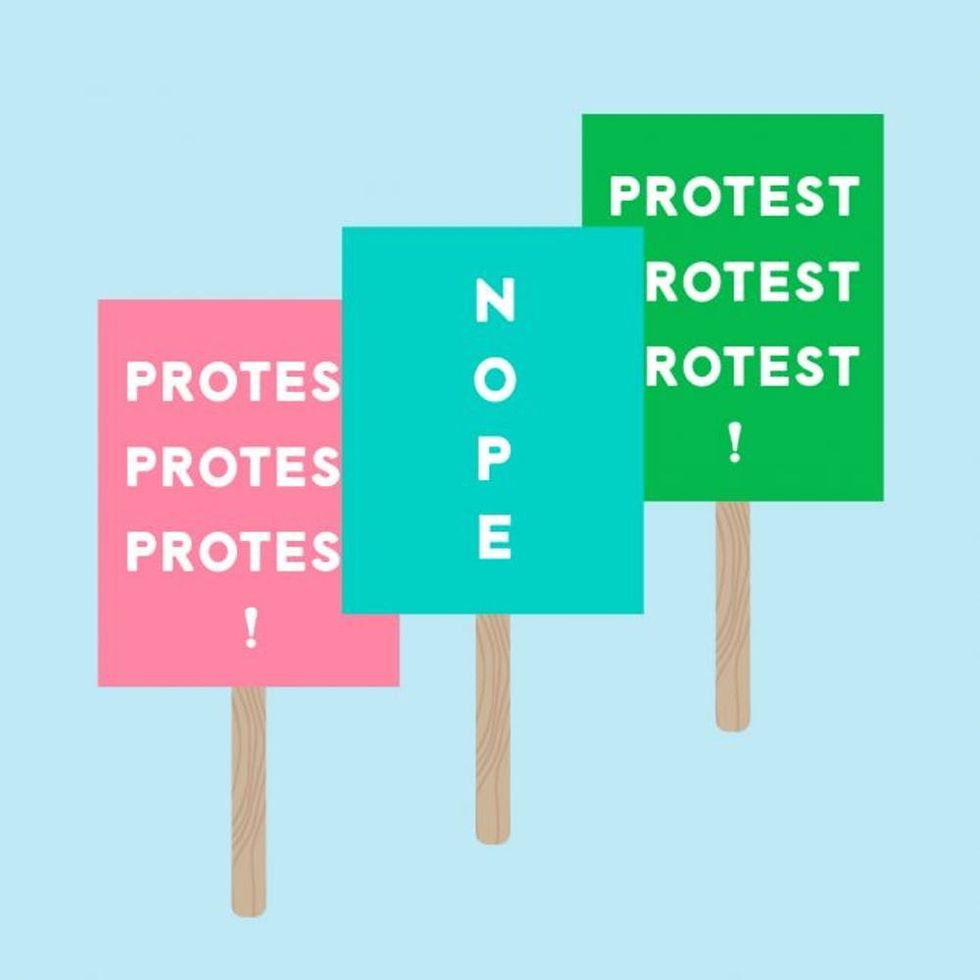
For us to be successful in moving past oppression and uncertainty, we need to better embrace how pleasure is a crucial part of the work we do. To dismantle the systems that keep so many people oppressed and vulnerable to unnecessary grief and struggle, we need to give ourselves permission to enjoy beautiful things in whatever form they may take. Because for marginalized people, pleasure can be a lifeline to the humanity we fight so hard to have others recognize in us — and to see in ourselves.
It was in a conversation with a friend of mine that I really got to thinking about this extremely important question: Can enjoyment and necessary activism coexist? We both knew that the time for action was now and we were determined to rally, march, organize and raise our voices against oppression, but we struggled with this feeling of guilt for wanting to also indulge in small pleasures. What did that guilt mean — was it right to want to feel pleasure when so many human rights are under attack? By prioritizing pleasure in the same way that we prioritize civil action and grassroots organizing, will we be able to accurately defend our right to exist in the world?
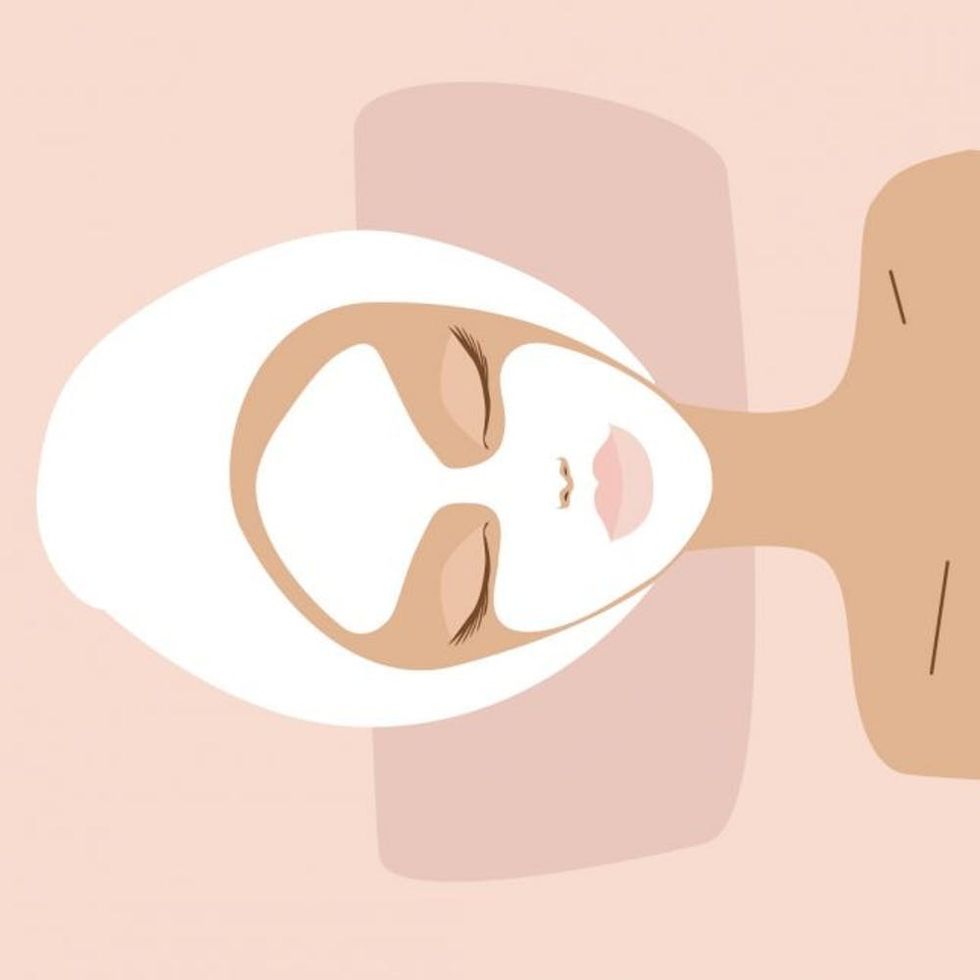
The short answer, of course, is yes. But it isn’t as simple as it sounds. The search and desire for pleasure can seem trivial and meaningless. Look at how we examine the necessity of self-care. The act of recharging your own batteries, through bubble baths, face masks, indulging in a favorite food or beverage, or recharging by spending time relaxing with ones you love is easy to brush aside as unnecessary. Studies show that more than half of us in the US don’t even use all of our paid vacation days. But the act of seeking pleasure in and of itself is revolutionary. In my own life, I’ve seen this firsthand through my love of literature. Finding novels written by people who expertly mix activism with art — James Baldwin and Audre Lorde, Zora Neale Hurston and Rupi Kaur — has allowed me to find the words to express myself to the world, and to communicate a vision for the world I wish to create. And since the election, the necessity of self-care through art and pleasure has only grown.
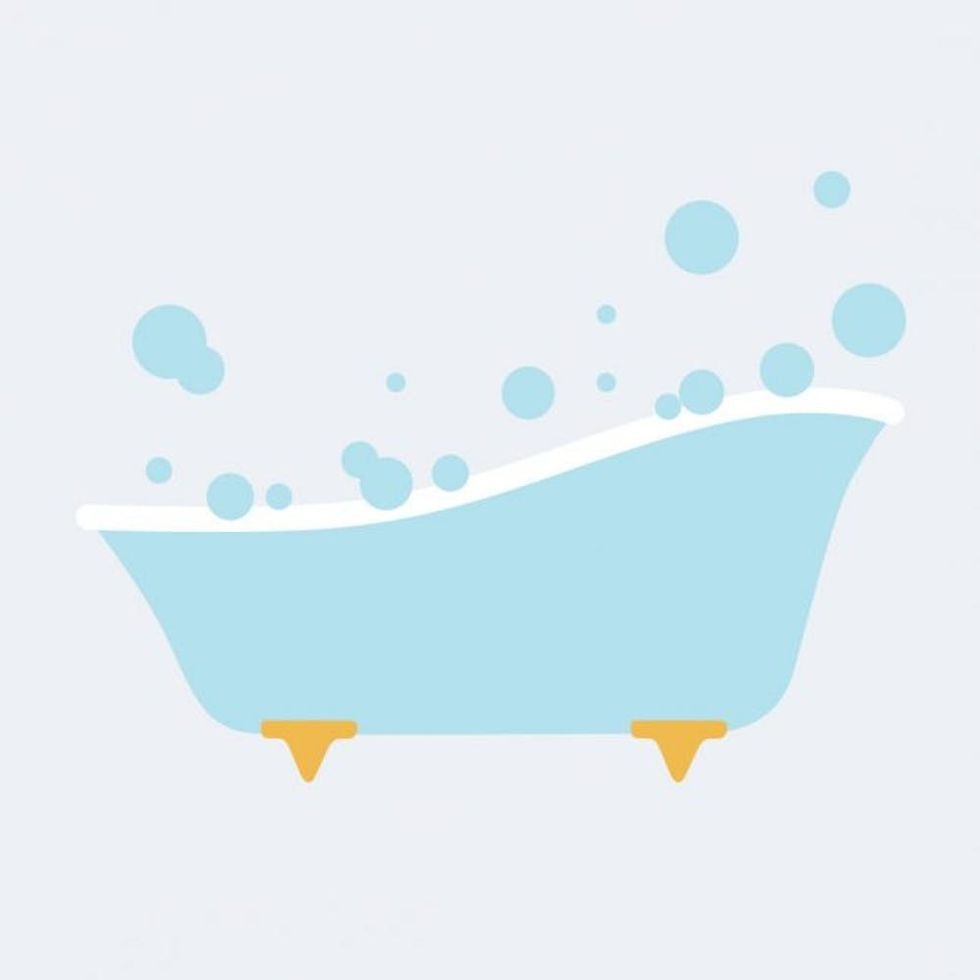
Whether it’s prioritizing five minutes a day to move your body through mindful yoga, or watching an episode of your favorite show after calling your representatives, there are many ways that self-care and activism can coexist. For us to be better people, it’s vital that we center our own needs as human beings who deserve pleasure in the greater community work that we do.
Pleasure doesn’t just mean buying material things. It can come from taking care of yourself and others, from taking the time to do what makes your heart sing — cooking a meal, making a cup of tea, spending time with your romantic partner or a loved one, even looking at memes to laugh for the first time all day. Pleasure is necessary because it helps to guide us onto the path of what’s right.
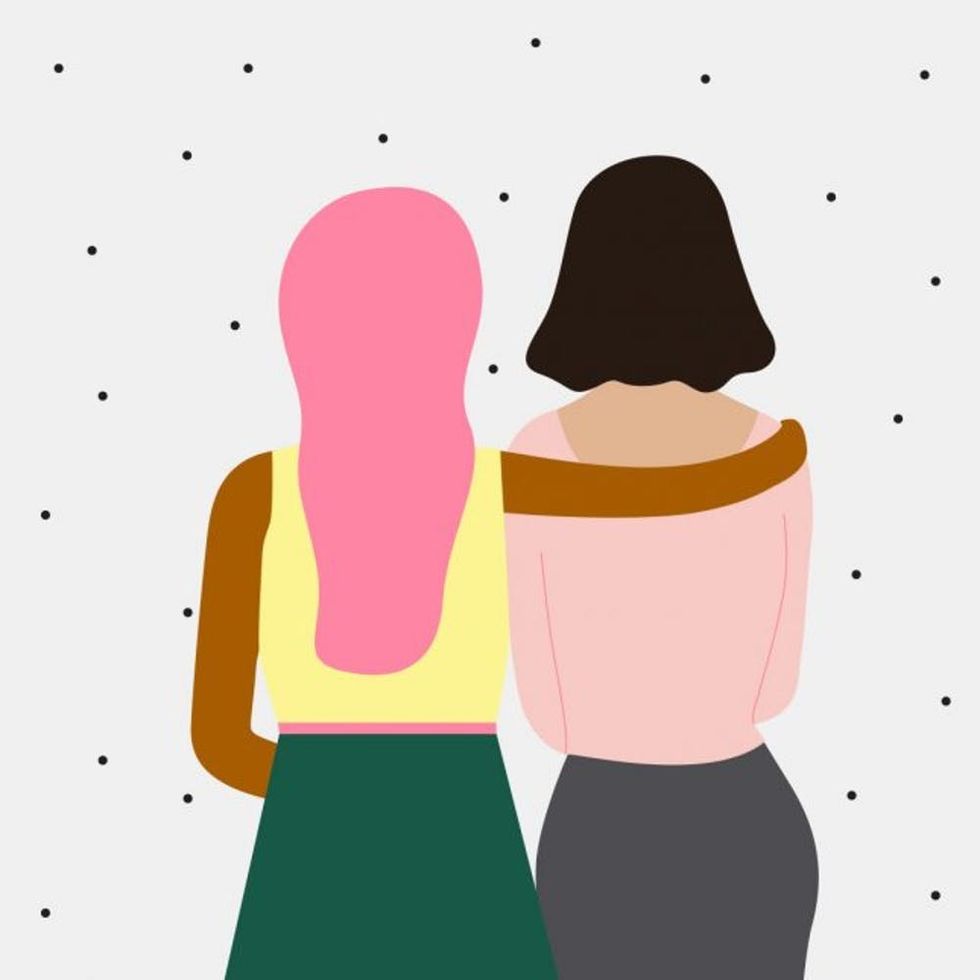
So as we move through the winter and into spring, I’m oddly hopeful that we can begin moving toward a resistance and a future that values us better — starting by valuing ourselves.
What do you do to take care of yourself? Tell us @BritandCo.
(Illustrations via Marisa Kumtong)


















